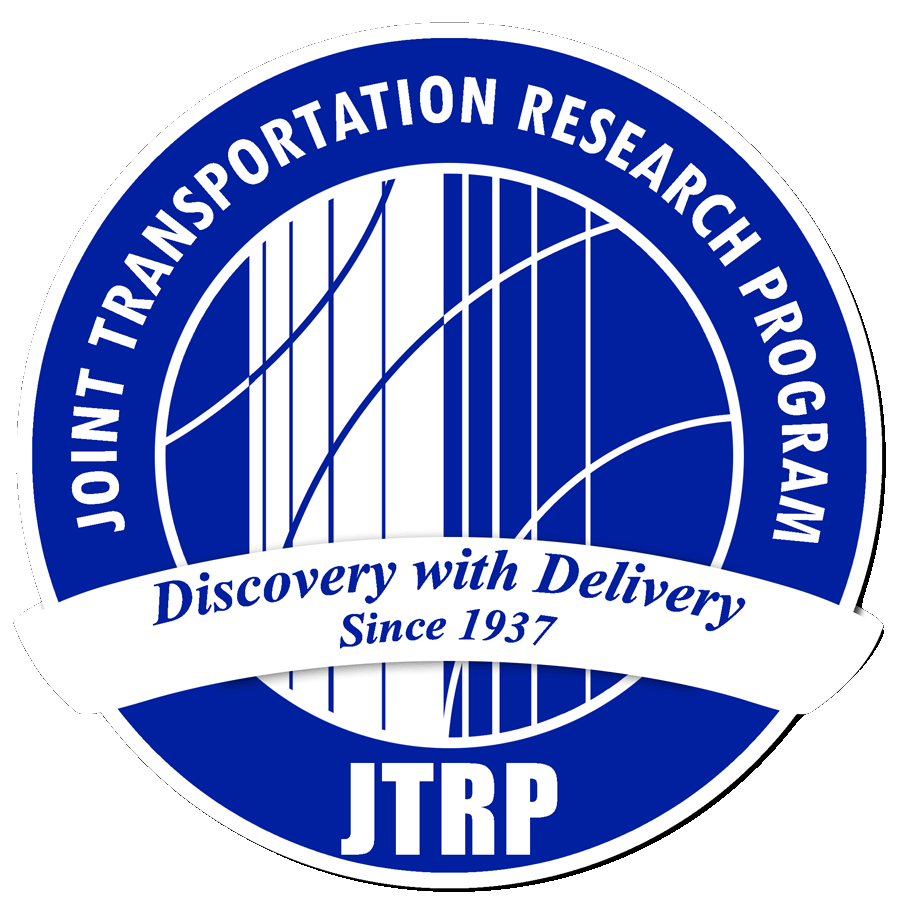Abstract
This report describes a study of intelligent compaction (IC) technologies, within the context of actual construction projects, for its potential as a component of INDOT’s QC/QA for soils. The output from an IC-equipped roller compaction equipment is a real-time area mapping of the compacted lift stiffness as captured by the IC measure. Data was collected to evaluate the correlation between each of two IC measures—compaction meter value (CMV) and machine drive power (MDP)—and in situ embankment quality test measures, the chief in situ test being the dynamic cone penetrometer (DCP) test which INDOT uses for soil embankment acceptance testing. Researchers sought to understand how well the IC measures might assess embankment quality as currently evaluated by the in situ measures. Window-averaged IC measures were compared with the in situ DCP test points. For CMV, a variable correlation was found between the average CMV and DCP values from 74 in situ locations. Also, a limited head-to-head comparison of CMV and MDP with the in situ measures provided some indication that MDP should be studied further. Lessons were learned regarding the elimination of bias in future correlation studies, critical provisions to facilitate best data quality, and important aspects of data management. IC technology holds promise for monitoring the consistency of the soil compaction effort and flagging weak areas in real time during compaction operations. However, further insight is needed regarding the correlation of the DCP measure with both types of IC measures for various soil characterizations and field moisture conditions.
Keywords
intelligent compaction, soils, QC/QA, quality control, quality assurance, embankment
Report Number
FHWA/IN/JTRP-2018/02
SPR Number
3709
Sponsoring Organization
Indiana Department of Transportation
Performing Organization
Joint Transportation Research Program
Publisher Place
West Lafayette, Indiana
Date of Version
2018
DOI
10.5703/1288284316645
Recommended Citation
Dunston, P. S., Cai, H., Kuczek, T., & Li, S. (2018). Intelligent compaction of soils—Data interpretation and role in QC/QA specifications (Joint Transportation Research Program Publication No. FHWA/IN/JTRP-2018/02). West Lafayette, IN: Purdue University. https://doi.org/10.5703/1288284316645


